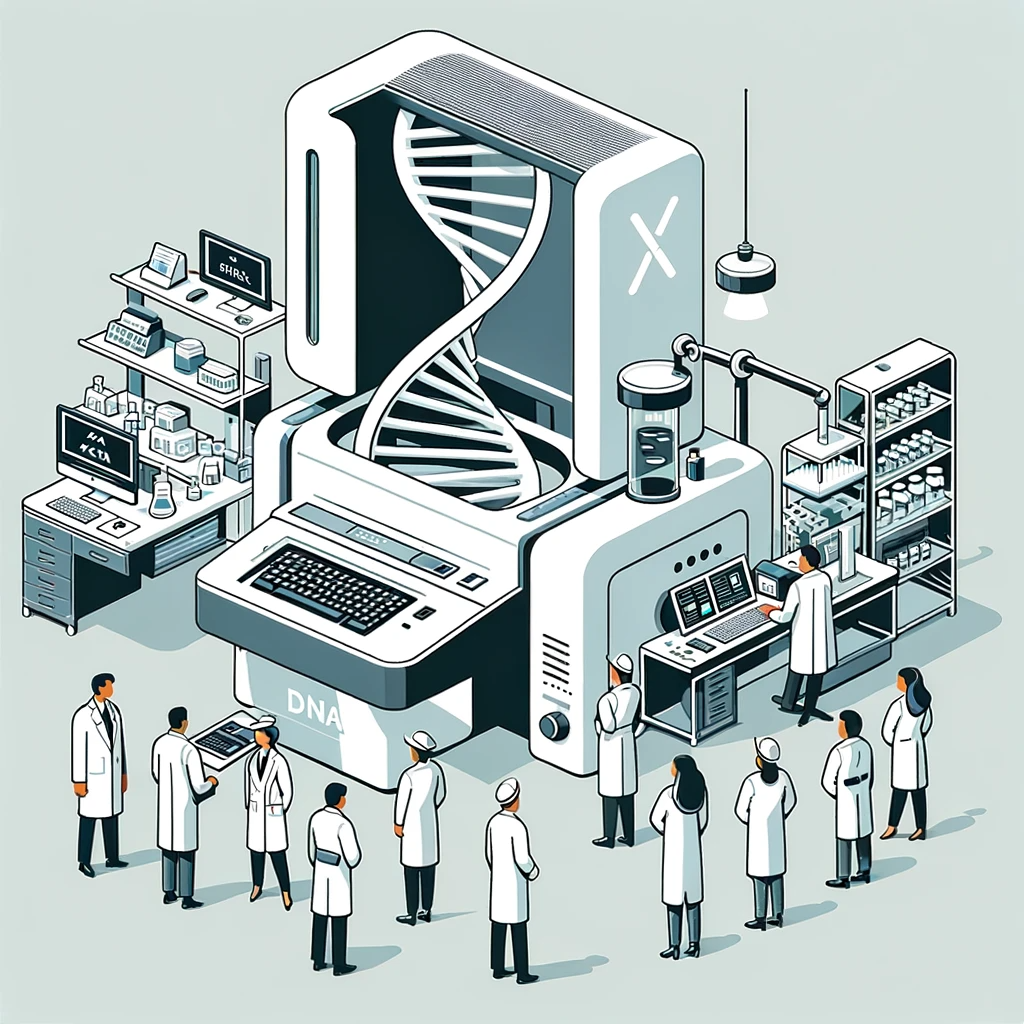
Seattle is on the cusp of becoming a major epicenter for biotechnological advancement with the establishment of a groundbreaking biotech hub, primarily fueled by a substantial $75 million investment. This initiative, known as the Seattle Hub for Synthetic Biology, is a collaborative effort involving the University of Washington, the Chan-Zuckerberg Initiative, and the Allen Institute. It stands as a testament to the city’s commitment to pioneering in the realms of science and technology, particularly in the promising field of synthetic biology. This ambitious project is led by UW’s distinguished scientist, Jay Shendure, who envisions it as a beacon of innovative collaboration, pushing the boundaries of biological research and application.
The Seattle Hub for Synthetic Biology is not just another academic venture; it’s a strategic blend of academic rigor and commercial viability, aimed at addressing some of the most pressing challenges and questions in biology. The initial funding guarantees the hub’s operation for a significant period of five years, with a potential for renewal based on the successes achieved. This ensures a stable and continuous pursuit of the groundbreaking research the hub intends to conduct.
Central to the hub’s innovative approach is the development of “DNA typewriters” and self-monitoring cells. These aren’t just fanciful terms but represent a real leap in how we understand and interact with biological systems. The DNA typewriter concept is akin to having a smartwatch for cells, providing ongoing, real-time insights into cellular processes that were traditionally either hidden or momentarily captured through snapshots. This technology is set to revolutionize our understanding of biological systems by allowing continuous monitoring and manipulation of cellular processes. Imagine being able to watch the very essence of life – the DNA – as it operates and interacts in real time, providing unprecedented insights into everything from disease mechanisms to the fundamentals of life itself.
The potential applications for such technology are boundless. In medicine, for instance, understanding cellular processes in real-time can lead to early detection of diseases, personalized medicine, and novel treatments that are more effective and less invasive. In environmental science, it could aid in understanding and perhaps even reversing the impacts of climate change on biological systems. In agriculture, it might lead to more resilient and productive crops. The list goes on, illustrating the transformative potential of this hub’s work.
Jay Shendure, the scientific visionary leading this initiative, emphasizes the exploratory nature of the hub’s mission. He acknowledges that while the path may not be fully clear and the work is fraught with thrilling uncertainties, the potential rewards are immense. This spirit of exploration and commitment to pushing the boundaries of current knowledge is what drives the hub’s diverse team of scientists, engineers, and researchers.
The hub’s location in Seattle is no coincidence. The city is already a thriving nexus of technology and innovation, home to tech giants and a vibrant startup culture. By situating the hub in this dynamic environment, the initiative benefits from a rich ecosystem of talent, ideas, and opportunities for collaboration and commercialization. The University of Washington, with its strong tradition of research excellence and innovation, provides the perfect academic backbone for the hub, complemented by the vision and resources of the Chan-Zuckerberg Initiative and the Allen Institute.
Moreover, the hub’s approach is characterized by its interdisciplinary nature. It’s not just biologists who are involved; engineers, data scientists, and experts from various fields are coming together to tackle the challenges of synthetic biology. This convergence of disciplines is a hallmark of modern scientific inquiry and innovation, breaking down the silos that have traditionally separated different fields of study.
As the Seattle Hub for Synthetic Biology moves forward, it is set to make significant contributions to our understanding of life itself. It promises to unlock new possibilities in health, environmental science, agriculture, and beyond. The hub is not just about advancing knowledge; it’s about applying that knowledge in ways that benefit humanity and the planet. It represents a bold step forward in the quest to understand and harness the power of life’s fundamental processes. The journey is just beginning, but the potential is limitless. As this hub grows and evolves, it will undoubtedly attract more talent, investment, and interest from around the world, further cementing Seattle’s status as a leading city for innovation and research in the 21st century and beyond.
